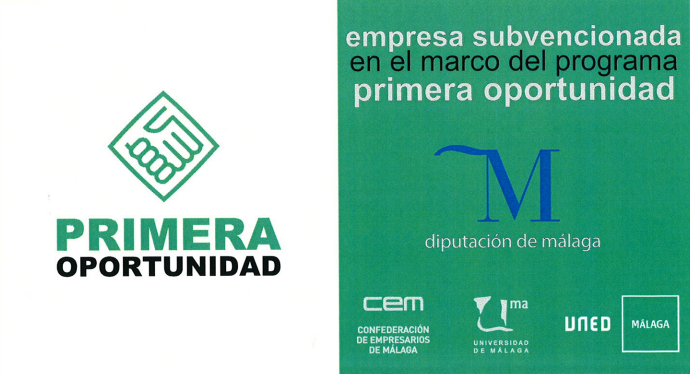Twenty years ago, the Junta de Andalucía made a bet on the future: it decided that the Technology Park would be installed in Malaga. The Andalusian Technology Park in Malaga became the most transformative and driving project of the city in the 20th century.
Today there is no doubt that technology and innovation are key to the development of the future, however, when it might still seem like a utopia, 25 years ago the Andalusia Technology Park showed great foresight and foresight, resulting in what is today the PTA: a great pole of innovative attraction in Andalusia and southern Europe.
The growth of the PTA has been constant since its creation, becoming today an example of what a science and technology park is, but also of what it should be both at Spanish and international level. In addition, The Andalusia Technology Park has managed to be an example of cooperation between companies and universities.
The Andalusia Technology Park in figures
If we quantify all these achievements over the years we get the following numbers:
The turnover of PTA companies in 2016 amounted to 1750 million, with a total of 635 companies and 18,000 workers. In terms of investment, investment has reached 755.5 millionThe funds were earmarked for different areas, such as construction, urban planning, infrastructure, etc.
In terms of GDP, the PTA accounts for the 7,95% of Malaga and 1.6% of Andalusia's GDP. Meanwhile, in terms of employment, the PTA accounts for a 8,27% of employment in the province. In addition, it has contributed to the public coffers a total of 4.55 billion euros.
The future expansion of the PTA
The Andalusia Technology Park is not content with its past successes and is looking to the future, developing an expansion strategy focused on the coming years.
It currently occupies a space of 186 hectares, to which was added a new extension of 36 hectares more, which are already in operation. In addition, the PGOU of Malaga delimits three areas for the future expansion of the Park.
With all these extensions, the PTA will cover an area of 375 hectares where more than 50,000 workers will be located.









